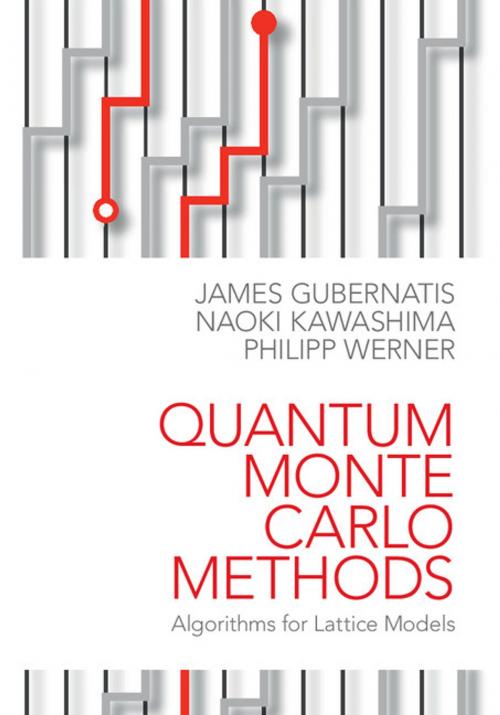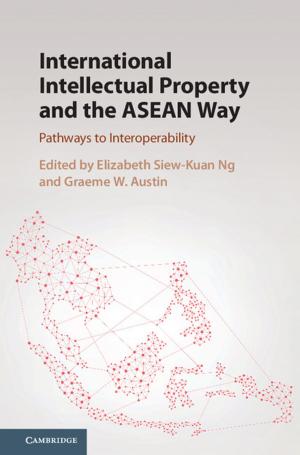Quantum Monte Carlo Methods
Algorithms for Lattice Models
Nonfiction, Science & Nature, Science, Physics, General Physics, Computers, General Computing| Author: | James Gubernatis, Naoki Kawashima, Philipp Werner | ISBN: | 9781316481837 |
| Publisher: | Cambridge University Press | Publication: | June 2, 2016 |
| Imprint: | Cambridge University Press | Language: | English |
| Author: | James Gubernatis, Naoki Kawashima, Philipp Werner |
| ISBN: | 9781316481837 |
| Publisher: | Cambridge University Press |
| Publication: | June 2, 2016 |
| Imprint: | Cambridge University Press |
| Language: | English |
Featuring detailed explanations of the major algorithms used in quantum Monte Carlo simulations, this is the first textbook of its kind to provide a pedagogical overview of the field and its applications. The book provides a comprehensive introduction to the Monte Carlo method, its use, and its foundations, and examines algorithms for the simulation of quantum many-body lattice problems at finite and zero temperature. These algorithms include continuous-time loop and cluster algorithms for quantum spins, determinant methods for simulating fermions, power methods for computing ground and excited states, and the variational Monte Carlo method. Also discussed are continuous-time algorithms for quantum impurity models and their use within dynamical mean-field theory, along with algorithms for analytically continuing imaginary-time quantum Monte Carlo data. The parallelization of Monte Carlo simulations is also addressed. This is an essential resource for graduate students, teachers, and researchers interested in quantum Monte Carlo techniques.
Featuring detailed explanations of the major algorithms used in quantum Monte Carlo simulations, this is the first textbook of its kind to provide a pedagogical overview of the field and its applications. The book provides a comprehensive introduction to the Monte Carlo method, its use, and its foundations, and examines algorithms for the simulation of quantum many-body lattice problems at finite and zero temperature. These algorithms include continuous-time loop and cluster algorithms for quantum spins, determinant methods for simulating fermions, power methods for computing ground and excited states, and the variational Monte Carlo method. Also discussed are continuous-time algorithms for quantum impurity models and their use within dynamical mean-field theory, along with algorithms for analytically continuing imaginary-time quantum Monte Carlo data. The parallelization of Monte Carlo simulations is also addressed. This is an essential resource for graduate students, teachers, and researchers interested in quantum Monte Carlo techniques.















